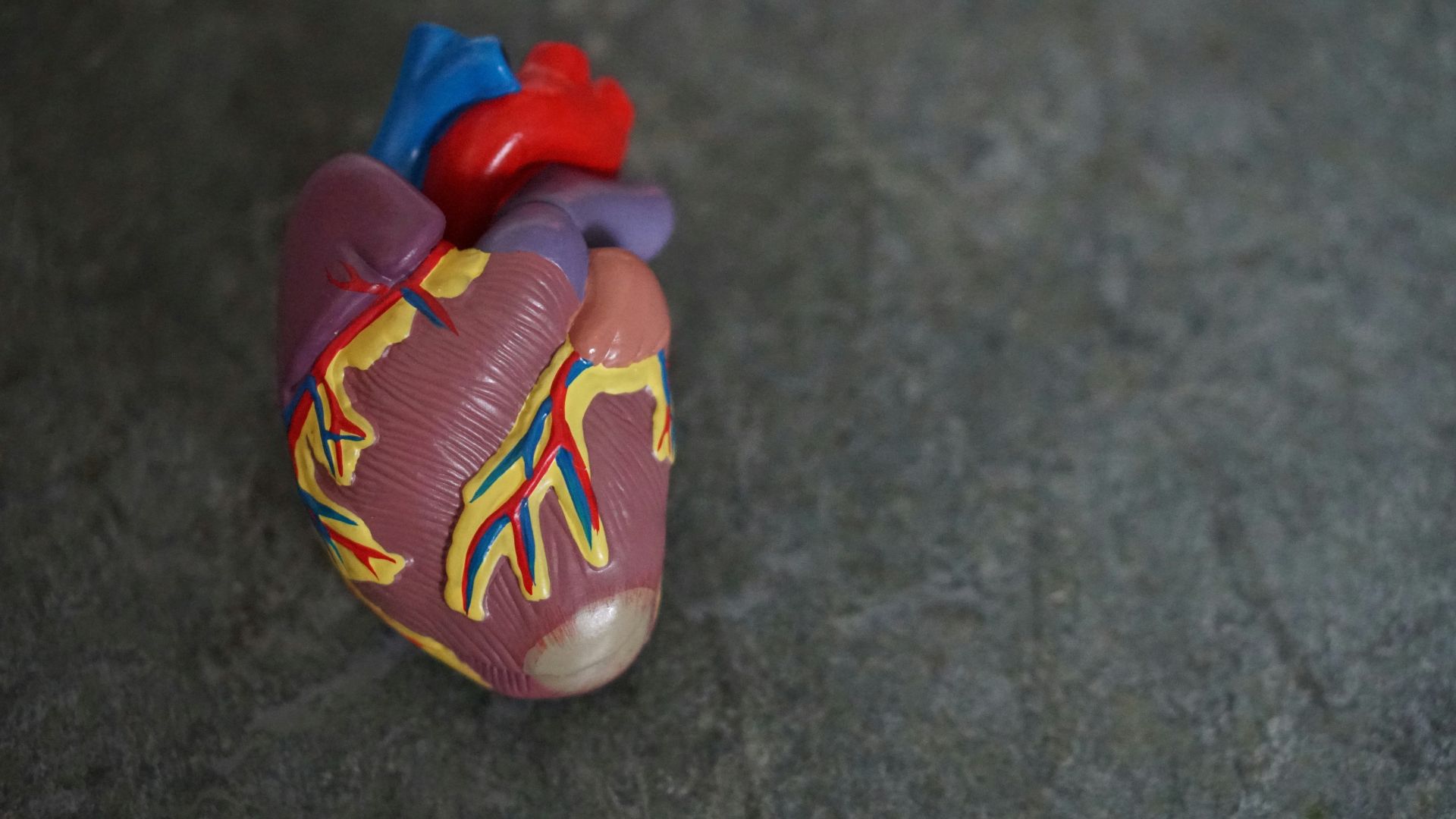Loneliness isn’t just about being alone. It’s a feeling that can impact anyone, regardless of their social situation.
Recent research shows that older adults who feel chronically lonely face a 56% higher risk of stroke. This highlights the need to address loneliness as a serious health concern.
Study Details

A comprehensive study published in eClinicalMedicine examined data from over 12,000 participants aged 50 and older.
The data, collected between 2006 and 2018, revealed significant findings about the health risks associated with loneliness. This study adds valuable insight into how long-term loneliness can affect physical health.
Key Findings

The study found that older adults who reported high levels of loneliness consistently over time were at a much higher risk of stroke. This suggests that persistent feelings of loneliness are more harmful than occasional loneliness.
Addressing chronic loneliness could therefore play a crucial role in stroke prevention.
Why Loneliness Matters

Dr. Yenee Soh, the lead study author from Harvard T.H. Chan School of Public Health, emphasized the importance of routinely assessing loneliness.
Ignoring or overlooking these feelings can have serious health consequences. As such, healthcare providers are encouraged to screen for loneliness as part of regular health check-ups.
Health Impacts Beyond Stroke

Loneliness has been linked to various health issues beyond stroke, including heart disease, dementia, diabetes, and mental health problems.
This study adds to the growing body of evidence that chronic loneliness can significantly affect overall well-being and longevity.
Quotes from Experts

“It is important to routinely assess loneliness, as the consequences may be worse if unidentified and/or ignored,” said Dr. Yenee Soh.
Dr. Matt Pantell from the University of California, San Francisco, also noted the importance of understanding the duration and intensity of loneliness in patients, stating, “This (new study) has implications for clinicians and health systems in that understanding whether or not a person is lonely, and for how long, may be able to help identify those at higher risk of stroke.”
The Role of Healthcare Providers

Healthcare providers can play a critical role by screening for loneliness and referring patients to appropriate resources, such as therapists and behavioral health clinicians.
Early intervention can help mitigate the health risks associated with chronic loneliness.
Practical Steps to Combat Loneliness

There are practical steps individuals can take to combat loneliness. Engaging in community activities, fostering real-life interactions, and seeking professional help when needed can make a significant difference.
Even simple actions like chatting with neighbors or joining local groups can help.
Social Media and Loneliness

While social media can provide a sense of connection, it often falls well short in combating loneliness.
Experts suggest that real-life interactions are far more effective. Interacting in person with friends, family, and community members can significantly reduce feelings of isolation.
Importance of Self-Awareness

Recognizing and acknowledging feelings of loneliness is the first step toward addressing them.
Self-administered questionnaires and routine health screenings can help individuals and healthcare providers identify and tackle loneliness effectively.
Community Resources

Many organizations offer resources to help combat loneliness.
Getting involved in local community activities and support groups can provide much-needed social interaction and support. These resources are invaluable in helping individuals feel more connected.
Being Proactive With Your Mental Health

katemangostar,
Freepik
The link between long-term loneliness and increased stroke risk clearly conveys the importance of addressing loneliness as a public health issue.
By recognizing and intervening early, we can improve the health and well-being of older adults, potentially reducing the risk of stroke and other serious health conditions.








































